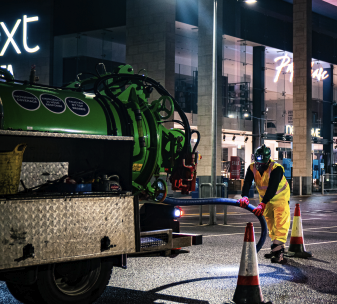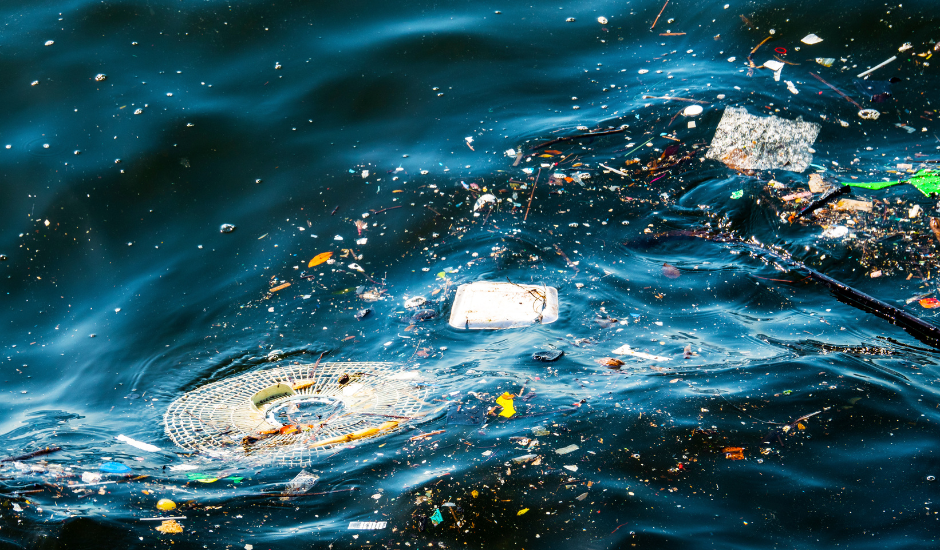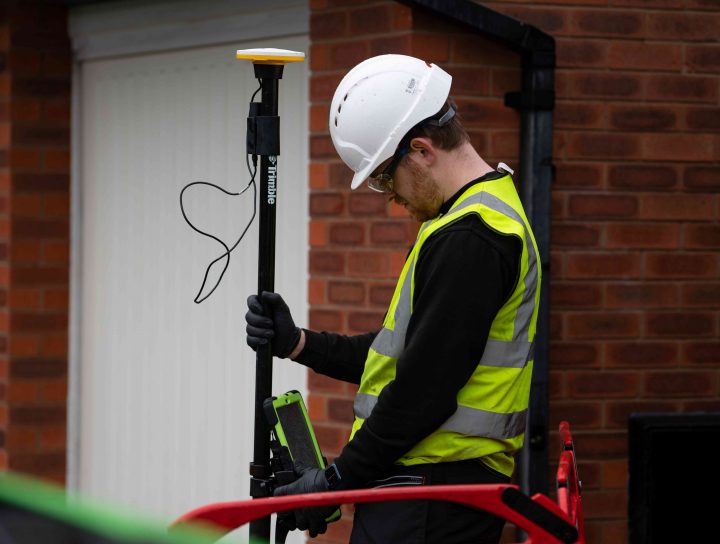The Effects of Water Pollution
England is deemed one of the worst places in Europe when it comes to water quality, with just 14% of rivers in ‘good’ ecological condition.
Various things are impacting English water quality, including sewage, plastics, and urban and agricultural runoff; of which the lasting impact on the environment and human health of water polluted by these materials is continuing to become clear.
What is Water Pollution?
According to the World Health Organisation (WHO), polluted water’s composition has been changed to the extent that it has become unusable. It is toxic, so cannot be drank or used for essential purposes as it is likely to contain diseases including diarrhoea, cholera, dysentery, typhoid and poliomyelitis – all of which kill more than 500,000 people worldwide every year. Many water pollutants don’t change the colour of water, meaning that they are often invisible pollutants.
The Effects of Water Pollution
Poor water quality affects people’s health and the environment around us and as a result, has a huge knock-on effect on the global economy.
- Biodiversity – Water pollution depletes aquatic ecosystems and reduces the amount of oxygen in water, which then affects essential plants and wildlife by reducing their lifespan and ability to reproduce.
- The food chain – This then affects the food chain, as aquatic animals that are poisoned either aren’t captured by their prey, or they pass on diseases to them. Any infected animals that are fished or become livestock can then pass on toxins into the food we eat. This can result in sickness amongst humans, or in huge amounts of food prepared for consumption, being destructed instead.
- Life and death – Contaminated water must go through rigorous treatment before it can become potable or suitable for irrigation, drinking, washing or swimming in – which is very costly. However, without treatment, people around the world will lose their access to clean water and sanitation. The WHO recently estimated that about 2 billion people have no option but to drink water contaminated by excrement, exposing them to a range of deadly diseases.
A Business’ Impact on Water Pollution
Metro Rod recently undertook research, with a cross-section of people working at management level in manufacturing businesses across the UK, to determine how informed the industry is of the role it might be playing in polluting water.
The findings revealed that although 90% of respondents see pollution prevention as important to their business, many are unaware of the specific activities relating to manufacturing that can contaminate water including vehicle washing (45%), water cooling (54%), equipment cleaning (42%) and food production (54%). Furthermore, two fifths (41%) are unaware they’re responsible for the correct disposal of hazardous substances and 35% are unaware they are responsible for the correct disposal of commercial waste and recycling.
Three out of five businesses (63%) don’t have a pollution incident response plan in place, outlining the actions they should take to reduce the level of pollution created by an accident on site, meaning that if an issue does arise, they aren’t fully prepared to prevent the environment from unnecessary harm.
Download the WhitepaperHow Metro Rod Can Help
When it comes to water pollution, prevention is better than cure – and businesses all have a role to play in ensuring our waters are as clean as possible.
Correct Use of Drains is one of seven chapters in the Environment Agency’s pollution prevention for business guidance. It contains instructions such as the need to make a drain plan detailing where drains are, what type of drains they are, their direction of flow and where they discharge into, to mark manhole covers and install an oil separator – all of which Metro Rod’s expert engineers can support with.
We can provide high pressure water jetting services, emptying interceptors, grease traps and car park gullies, pipework descaling and pump station servicing to ensure facilities are functioning at optimum levels to minimise the risk of water pollution.
For more information, download our Preventing Pollution white paper.

Talk to your local Metro Rod specialist
We are always happy to arrange a free site assessment and no obligation quotations for any work you might need. Alternatively, you can call our emergency hotline number on 0800 66 88 00
Get in touch Drainage Services
